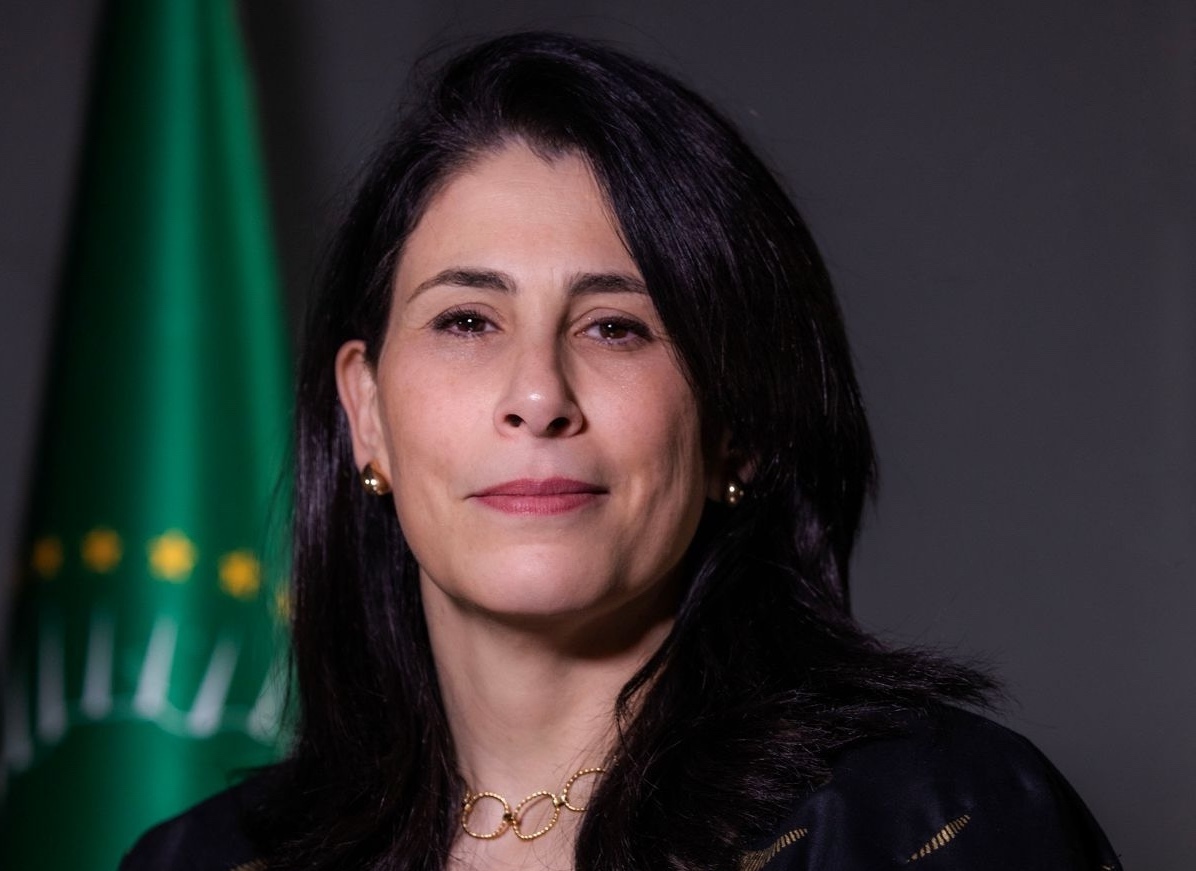Topic Resources
February 10, 2022
Agenda 2063 is Africa’s development blueprint to achieve inclusive and sustainable socio-economic development over a 50-year period.
February 20, 2026
February 20, 2026
October 22, 2026
February 25, 2026
February 25, 2026


